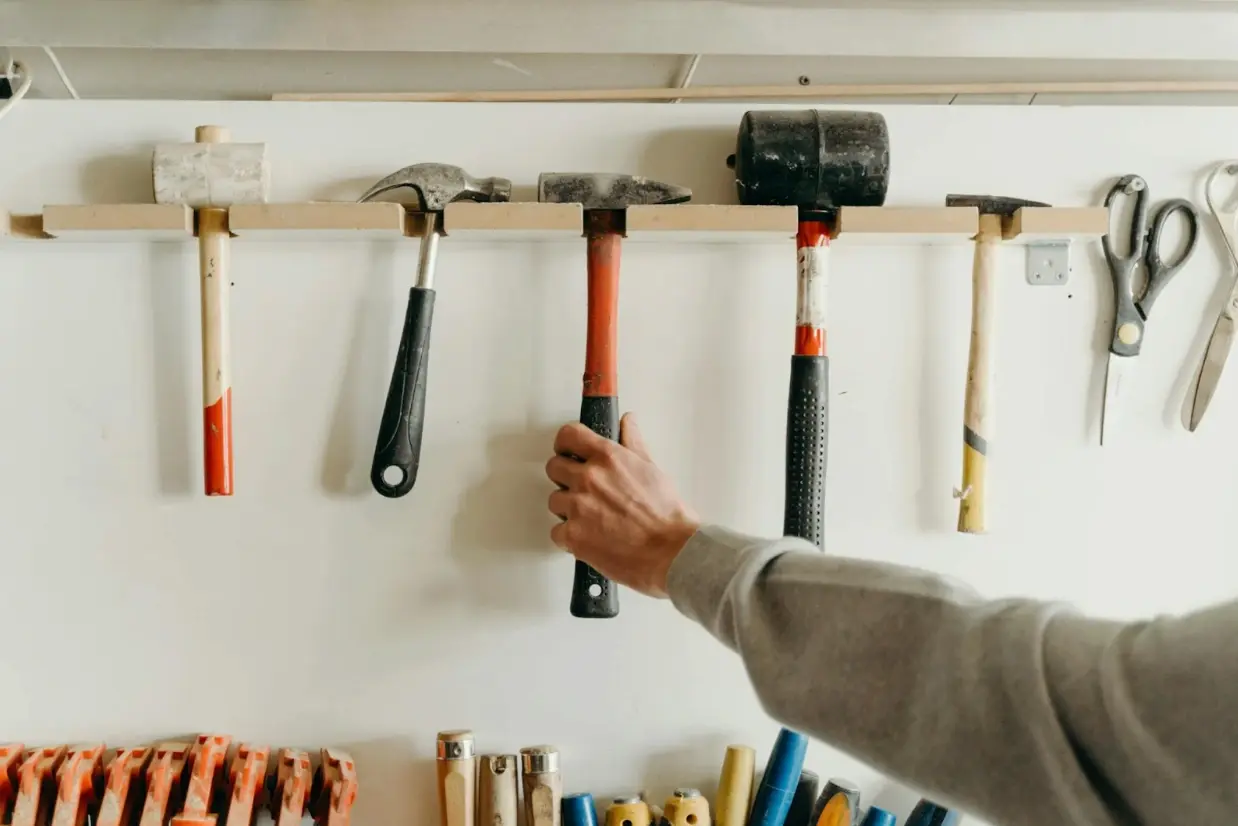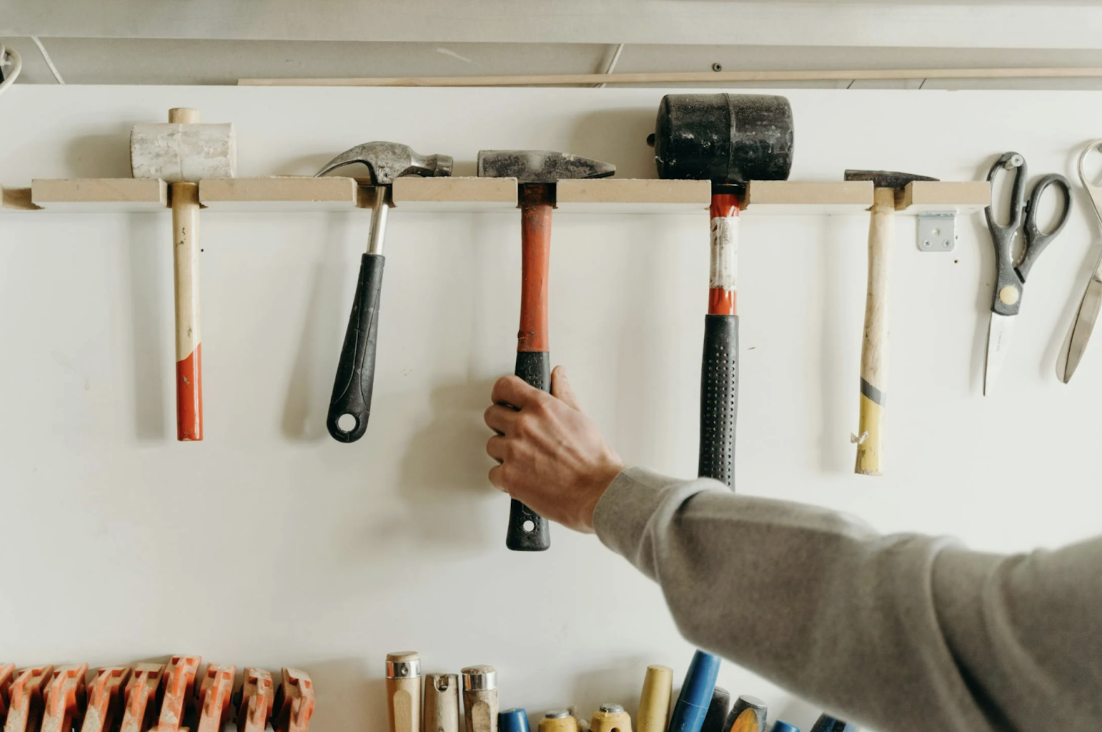How to Determine What Your Equipment Is Worth
As a business owner, you’ve probably accumulated lots of equipment through the years of running your organization. However, you may only have a vague idea of your equipment and what it’s worth.
Understanding Equipment Appraisal
As a business owner, you’ve probably accumulated lots of equipment through the years of running your organization. However, you may only have a vague idea of your equipment and what it’s worth. Getting a good understanding of how much equipment you have and the net sale value is therefore a good idea. Used assets can be worth a lot, mainly if the used equipment is in high demand. You may well be sitting on a fortune in equipment alone! Thus, determining how much your items are worth will come in handy if you choose to downsize, liquidate, or pitch to investors down the line. Want to learn how to carry out an equipment appraisal in Toronto? Keep reading for more!
What is Fair Market Valuation?
Estimating the value of used equipment is rarely straightforward. There are several factors to consider when figuring out an approximate value. One place to start is to search eBay and other equipment sites to get an idea of the item’s current market value. Evaluating an article based on its monetary worth relative to similar objects is known as “fair market value.” The main factors to consider include:
- The previous sale or purchase amount
- Replacement cost
- The opinion of a professional appraiserGoing with a professional appraiser is always a good idea because market values constantly change according to supply and demand. A professional will determine and gauge the most accurate value (as opposed to a piecemeal guesstimate) from looking at various prices online. Some of the elements they consider in an equipment appraisal in Toronto include past auction sales, wear and tear, market considerations, and more.
Factors Affecting Equipment Value
Used equipment pricing can be complicated to figure out. However, it can be easier to understand when you know what you’re looking out for! The most important factor is the life expectancy of the item. You should check the machine’s longevity, which will typically be measured in years or hours. Of course, life expectancy will be significantly affected by the manufacturer. Some producers are known for their long-lasting and excellent quality, while others produce equipment that may not last as long. Check the warranty status of the item, too, as that can mean greater longevity. The next thing to examine is wear and tear. How much has the equipment been used? Does it have visible scratches and dents, or has it been overexposed to the elements? If so, the value can decrease significantly. Be sure to test the functionality of the item when accounting for wear and tear too. If the product is in good condition, though, with regular maintenance applications, and with little to no wear and tear, then you’re looking at a higher valued price. Lastly, consider availability and support. Is the item widely available? Are there spare parts that can easily be bought or requested? This will ensure you’re not shelling out an exorbitant sum just to get the equipment maintained or repaired. If the item is old, then it will likely make it harder to get support to fix it, which can drive down the valued price (a no-no when you’re planning a business asset liquidation).
Three Methods for Valuation
Once you know the factors affecting your equipment’s net value, you’ll be ready to get an approximate amount. Appraisers use the following three methods to arrive at an accurate figure.
- Sales comparison method: Approximate value is calculated by looking at other similar new and used equipment. Factors mentioned above such as age, condition, wear and tear, and longevity are considered, and different data sources are used such as manufacturers, auction houses, and more.
- Cost method: You might own some equipment that may be harder to gauge, value-wise. This could be because it isn’t actively circulating in the market anymore or it has been personalized and customized. Appraisers will typically arrive at the value by determining the cost to replace the entire machine today. The other factors are then applied.
- Income method: The last method typically used is to determine how much income the machine produces. Some devices are explicitly tied to revenue, such as production machines as opposed to cleaning equipment. These can be used to figure out the overall incoming income, which helps to calculate a total value.
These methods are critical to arriving at a fair value. Since there are several factors to consider, we strongly suggest calling the experts to do the heavy lifting for you. Whether you’re planning to sell some of your equipment or are using valuation as a method to arrive at your business’ net worth, the experts will do the job accurately.
Conclusion
Whether you’re buying or selling, getting an accurate idea of the value of your equipment will be critical to sales success. You may also find that you no longer need an equipment item and want to sell, but aren’t sure of the value it could bring. On the other hand, you don’t want to be paying over the market rate for equipment you’re considering buying! Evaluating your gear with ease will thus come in handy for these scenarios and many more. At Michaels Global Trading, our appraisers are trained in different kinds of evaluation to ensure that our clients get the best price for their items. We are constantly watching the business industry to factor in changes in cost and valuations, so you can sit back, relax, and receive an accurate and reliable equipment appraisal.
To learn more about equipment appraisal in Toronto, call Michaels Global Trading at 888-471-5066 or contact us here.



